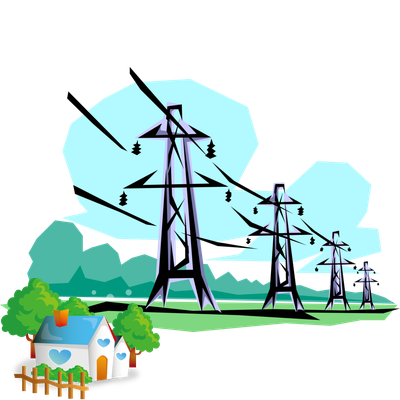
As the energy transition has progressed it is apparent that a number of big issues remain unresolved.
There doesn't seem to be a well thought out roadmap for the transition.
Many in the community are not convinced about the overall strategies and whether a renewable energy future is even feasible in the near term.
Attempts at community engagement have failed miserably and big questions still remain common,
- What does the endgame look like, especially in terms of cumulative impacts?
- Why are compensation arrangements so minimal or non-existent and haphazard?
- How can community divisions be prevented?
- What is the gross effect on agriculture?
- Why can’t transmission be put underground?
Many of the questions have a common theme related to fairness and equity and a lot of the proposals don’t appear equitable across groups such as farmers vs non-farmers and urban vs rural and landholders vs neighbours.
These flaws are causing massive community division.
There appears to be some underlying failures in strategy.
- Lack of sound research-based policy, especially in the area of agricultural and community impacts. The Integrated System Plan by AEMO makes mention of the importance of community engagement, but who is that directed at? There are no industry participants that are compelled to take any notice of those mentions – and they don’t, it’s all about targets, GigaWatts and Dollars.
- Unfortunately AEMO are very focussed on generation and transmission. This means there has been little consideration of distribution and consumer energy as supply. Some research indicates that the distribution network is the most important part of the energy transition Rethink, Rewire: Harnessing Smarter Distribution for a Future-Ready Grid. AEMO are unduly influenced by the TNSPs (Ausnet and Transgrid) resulting in a bias towards grid scale renewables and high voltage overhead transmission.
- Federation means that every state has their own rules, which almost rules out a comprehensive approach.
- The dichotomy of generation versus transmission. Private development of generation and government sponsorship of transmission means there are two distinct approaches. In the generation area, it’s everyone for themselves, no rules. And for transmission the government’s approach is take it or leave it.
Politicians are implementing change without proper consideration of the impacts and effectiveness of the policies.